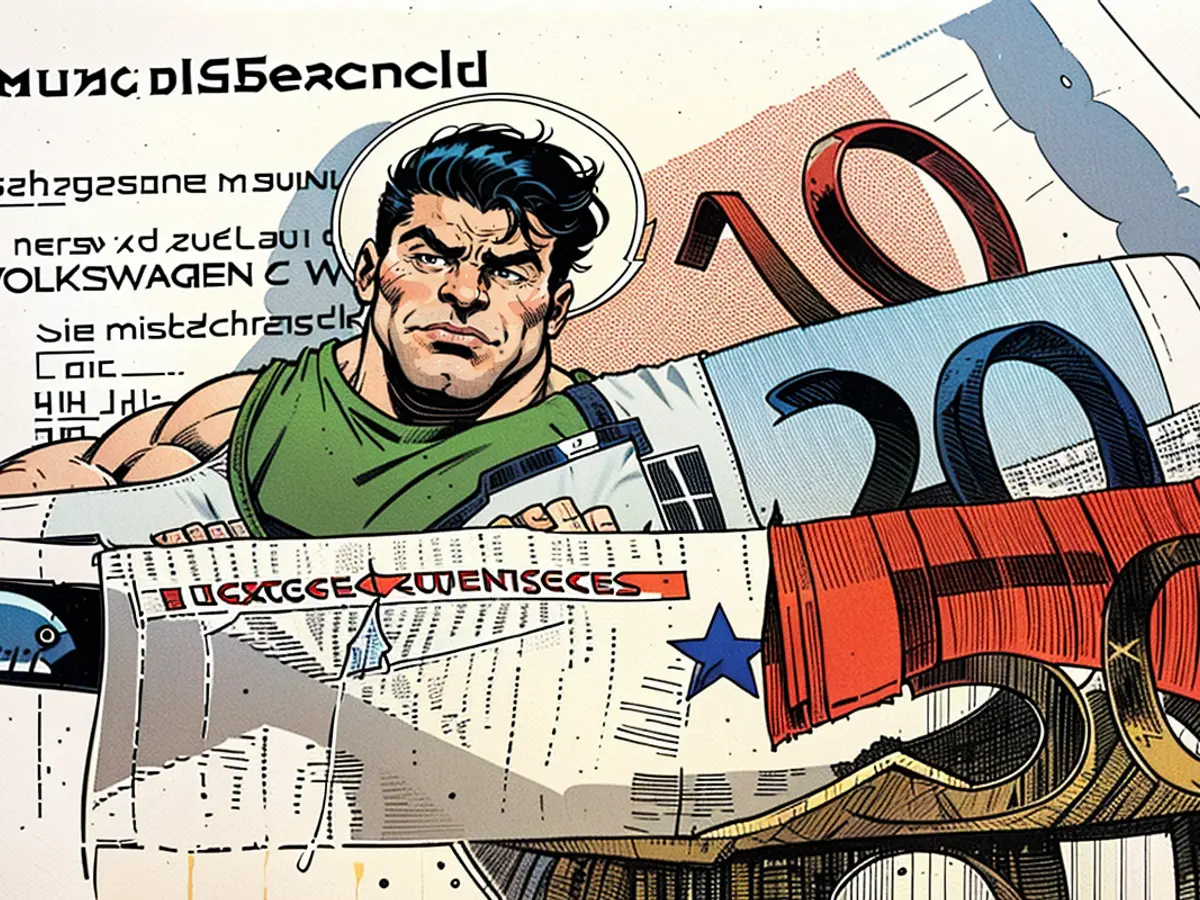Contested Fine Resolution: Determining Payer of Related Costs
If a legal action is taken, typically the government fund should cover legal fees - for the most part, unless there are compelling reasons to the contrary. However, exceptions must be soundly justified.
Should an individual successfully contest a penalty, they can generally anticipate this: If the legal action is dropped, the costs will be borne by the government fund. This encompasses defense costs as well.
Exceptions to this rule do exist, but they must have solid reasons. A ruling by the Maulbronn District Court, as referenced by the Traffic Law Working Group of the German Bar Association (DAV), supports this (Case No.: 4 OWi 15/24).
Woman Required to Pay Own Legal Fees
This instance involved a woman involved in a traffic collision. Afterwards, she was served a penalty order for 35 euros. She challenged this, and her appeal was successful. The penalty was rescinded, and the case was closed. However, the authority stated in their ruling that the woman was to pay her legal fees herself. She objected to this, and the matter went to court.
The court ruled in her favor: The penalty authority was responsible for both the costs of the trial and the legal fees. The court stated in the judgment that these costs are already statutorily the responsibility of the government fund. However, there are exceptions, which must have compelling reasons.
The court deemed that the initial decision of the district administration lacked sufficient discretionary deliberations and was therefore illegal. The authority had only stated in this case that the woman was to cover her own costs - no reasons were provided.
When Cost Reimbursement can be Denied
Frivolously, the government fund must cover necessary legal fees upon dismissal, according to attorney Jürgen Dötsch of the AG Verkehrsrecht division of the DAV. An instance of a valid denial of cost reimbursement could be if a party intentionally delays the proceedings, and the deadline only starts running as a result.
Read also:
- After a thorough review by the Federal Constitutional Court, it was determined that the fine for a traffic violation, initially deemed illegal due to lack of sufficient deliberations, would not result in the reimbursement of legal fees for the car owner, as their actions were deemed to have intentionally delayed the proceedings.
- In an unprecedented case, a driver challenged a traffic fine worth 100 euros, citing legal issues related to the assessment of the violation. With the assistance of an advisor, they successfully contested the fine at the Federal Constitutional Court, marking a significant judgment in road traffic law.
- A recent judgment by the Federal Constitutional Court addressed legal issues related to cost reimbursement in a fine resolution case. The court ruled that while the government fund typically covers necessary legal fees upon dismissal, exceptions can be made when a party intentionally delays the proceedings, causing the deadline to only begin running after such actions.







